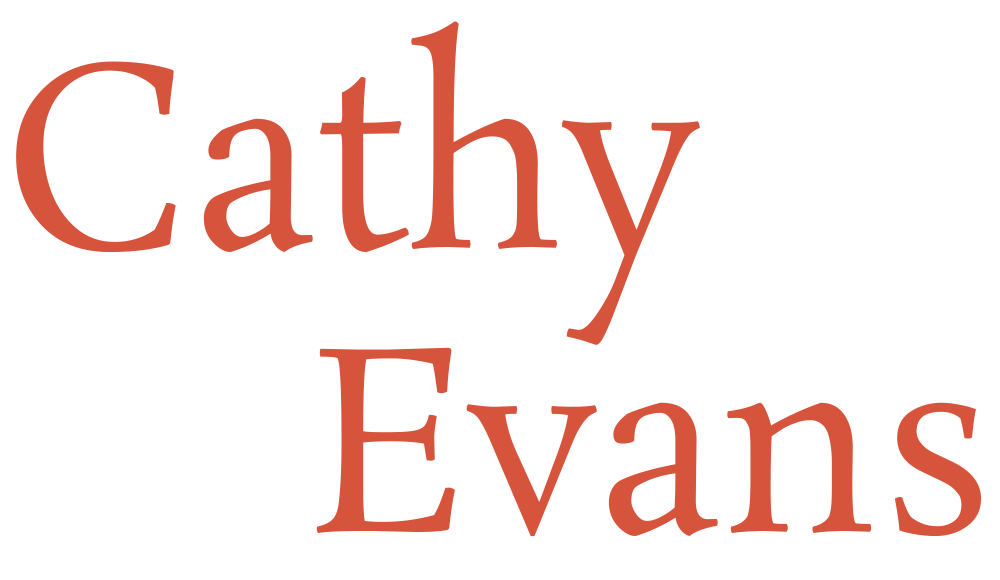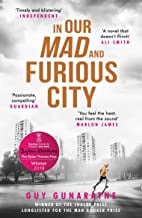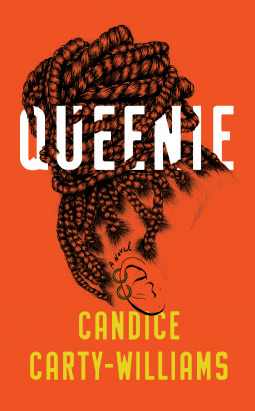A beautifully written and highly compelling read, the story is told in the first person by five characters with very distinct voices: Three teenage friends, Selvon, Yusuf and Ardan, and two of their parents: Ardan’s mother Caroline and Selvon’s father Nelson.
I struggled to get into it at first, but I persevered as it was our Book Club choice, and it was definitely worth the effort. Selvon is a driven athlete with a place at Brunel University, who has confidence by the bucketload, especially when it comes to girls. ‘Girls look on point. Cocoa-butter skin… Proper nice ones have come out today… Rah, need to start playing up front instead of defence so I can get closer to them girls.’ Yusuf just wants to hang with his mates and play footie but lives under the coercive shadow of the mosque and its new imam, who has replaced the last imam, his dead father. Yusuf is not only grieving, he is tainted by association with his brother Irfan, who has committed an outrage against Islam, for which ‘The West’ is blamed. Then there is skinny Ardan, a magnet for bullies who hides his talent for rap and grime under a bushel; it is Selvon who pushes him to own it.
Ardan is the son of single mother Caroline, who is haunted by her past in Ireland, unable to come to terms with her family’s role in the Troubles. The fifth character is Nelson, Selvon’s father, whose voice is rendered with such gorgeous lyricism; his voice and the name of his son is Gunaratne’s tribute to Sam Selvon, Trinidadian author of ‘The Lonely Londoners’, the very funny and moving story, or rather sketch, of the lives of a group of West Indians trying to help each other navigate cold and foggy 1950s London.
In Gunaratne’s London, a soldier has just been killed, and the community simmers with tension; not only is there anger at the police for allowing racists to march the streets, but the Muslim community seethes with anger at real and perceived slights; Gunaratne does not shy away from portraying the strong-arm tactics used by the imam’s acolytes to force those who wander from Allah’s narrow path to heel. ‘These Muhajiroun breddas had been in and out of our flat on orders from Mosque, checking up on us… and now with blood soaking up the streets and bricks being thrown into shop windows, there was even more reason to keep us under Muhaji eyes.’ ‘Our lives were not our own, that much was clear.’
London, of course, as the title would suggest, is a character in its own right. Furious, mad, cold, grimy, unforgiving… Nelson describes his horror at arriving in a place where no one wants him, where his colour defines him before he even opens his mouth, where he sees KBW (Keep Britain White) graffitied on public walls, where the Teddy Boys prowl looking for ‘sooties’ to ‘send back’. ‘When I come here, I was faced with bad air, grey sky and a mad, hustling whirl of a place… I have a sorta rush. Was like the noise possess me. And the wild energy on the road match the wild splitting in my own stupid heart.’ Now an old man in a wheelchair, Nelson remembers the race riots of his youth just as riots are spreading over the city again, in a fresh new wave for a fresh new generation.
Modern London remains ‘bone cold’, even to its army of young ‘mongrels’. Yusuf and his friends all belong more to London than their countries of origin: ‘Home for me was Estate. Pakistan was some place in fragmented memory. Involuntary smells and misplaced colours. A world away. I thought of Pakistan as being stuck in dusty rooms, mounds of strange food, vague relatives, mosquito bites and half-understood Urdu, proper periphery.’
But London is there for those who want to claim it: there are ways out of the Ends for those who want them; Selvon, student and athlete, has a path out. Ardan is given a way out if he chooses to take it. Yusuf’s path is blocked not by the city, or by a racist society or system, but by the heavy hand of the Mosque; the old world that he does not feel part of is hard at his heels in the new.
Gunaratne succeeds in differentiating his characters and their voices, and has a real talent for evoking the rhythm and poetry of slang and street language. His lone female voice is not as strong as the others, but Caroline’s tale is compelling, and explains her sense of alienation from her country, her family, her surroundings and even her son.
Why not five stars? One of our Book Club members pointed out a considerable discrepancy in the timeline, which I must admit I didn’t notice while reading. The central story was a little predictable, and I would not have chosen to end with the character who closes the tale. I can’t expand on this without blurting out a fat spoiler.
Despite these minor flaws, it’s definitely worth reading. Apparently the audiobook is superb: another member of Book Club said that it was one of the best she’d ever heard.



